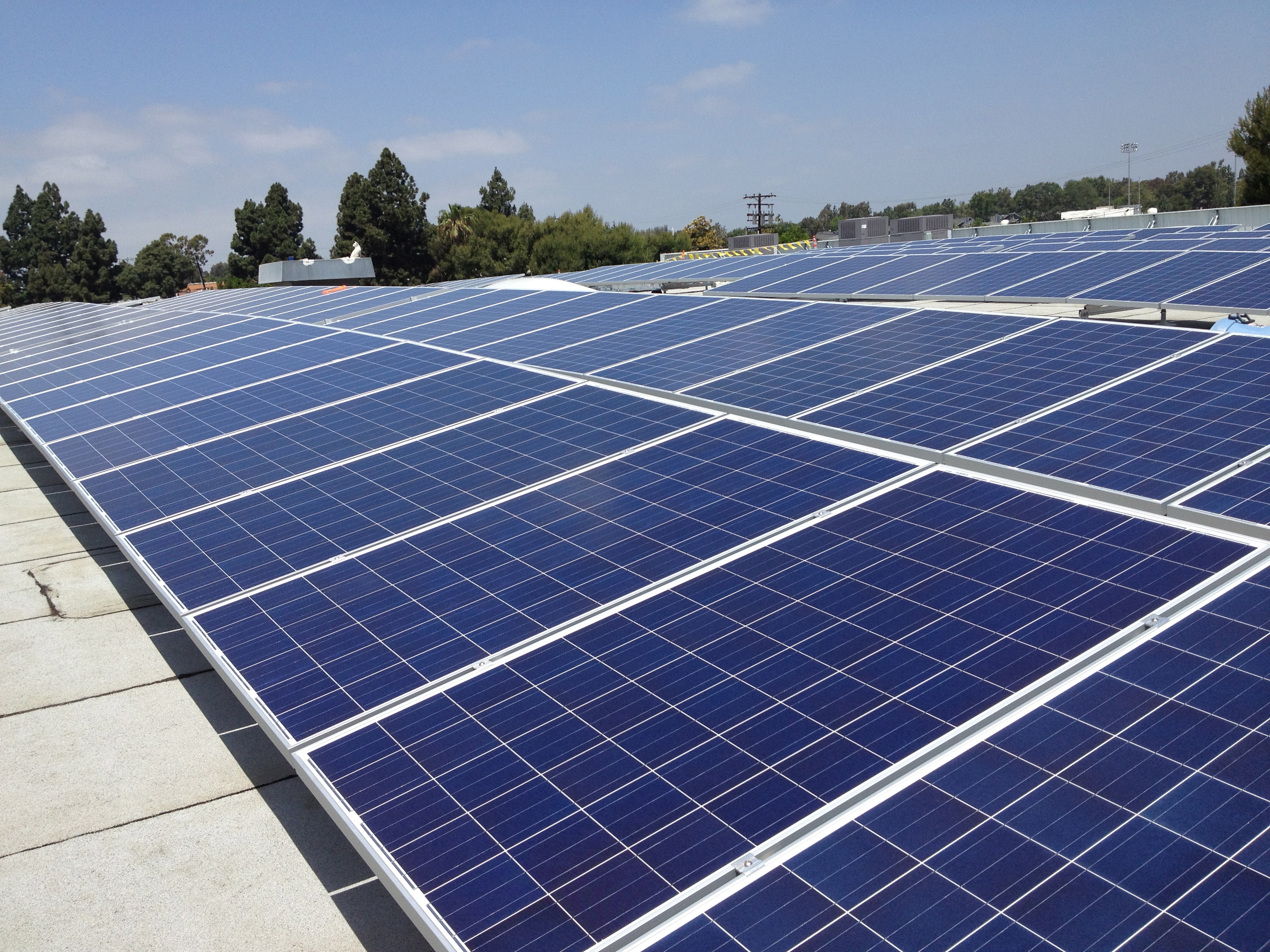The Total Guide to Solar Energy Setup: Save Money and Go Eco-friendly
Discovering the subtleties of solar energy installment reveals a diverse strategy to both cost savings and ecological responsibility. Home owners are progressively thinking about solar power not only as a practical option however as a strategic investment that can generate substantial long-lasting benefits. The process entails careful consideration of numerous variables, including system selection and setup treatments. Comprehending these elements is essential for taking full advantage of effectiveness and financial savings. What particular actions should one take to make sure an effective change to solar power, and just how can financial motivations even more improve this endeavor?
Advantages of Solar Power
The growing adoption of solar power mirrors a considerable shift toward sustainability and environmental obligation. Among the primary advantages of solar power is its capability to decrease dependence on nonrenewable fuel sources, leading to decreased greenhouse gas exhausts. By utilizing the sun's power, people and organizations can contribute to a cleaner setting and reduce the damaging results of environment modification.
Moreover, solar power can bring about considerable monetary cost savings. As soon as set up, solar panels substantially lower electrical energy expenses, as they generate energy from a sustainable resource. Numerous federal governments also supply motivations, rebates, and tax credits to urge solar adoption, even more improving financial practicality.
An additional notable benefit is energy self-reliance. Solar energy systems permit home owners and organizations to produce their very own electricity, reducing vulnerability to fluctuating power prices and supply disruptions. In addition, solar power systems call for very little upkeep, converting to reduced long-term operational expenses.
Picking the Right Planetary System

Solar systems differ considerably in rate depending on their kind, dimension, and effectiveness. Consider possible financing alternatives such as financings, leases, or power purchase contracts (PPAs) that might ease upfront costs.
Available space is another vital variable. Examine your roofing system's orientation, angle, and shading, as these components can impact solar panel performance. If roofing system space is minimal or improper, ground-mounted systems might be a viable option.
It's important to perform comprehensive research study to recognize the specific motivations readily available in your area, as they can differ commonly. Consulting with a solar setup expert can aid you browse these choices properly, guaranteeing you optimize your cost savings while adding to an extra lasting power future.
Keeping Your Planetary System
Efficient upkeep is critical for making sure the durability and optimal performance of your solar energy system. Regular maintenance can help avoid small problems from intensifying right into expensive fixings and ensure optimal power effectiveness.
Begin with regular assessments of your photovoltaic panels, preferably every six months. Seek dust, debris, or any type of indicators of wear and tear. best solar energy company in fort lauderdale. Cleansing the panels, specifically in areas susceptible to dirt or bird droppings, can substantially improve power manufacturing. Make use of a soft brush and moderate cleaning agent to avoid harming the surface area.
Next, keep track of the inverter. This part converts solar power into functional electrical energy and ought to be inspected monthly. A lot of modern-day inverters have checking systems that read more inform you to performance issues, enabling for prompt treatment.
Furthermore, check the wiring and connections for any indicators of corrosion or damage, as these can cause lowered efficiency or system failure. Consider specialist maintenance services each year for an extensive check-up.
Final Thought
To conclude, the adoption of solar power presents significant benefits, consisting of reduced electrical power expenses and a favorable environmental impact. Cautious factor to consider in selecting the appropriate planetary system, coupled with a clear understanding of the installation process, enhances the overall experience. Financial incentives and routine upkeep better add to the long-lasting benefits of solar power. Inevitably, welcoming solar innovation stands for a vital step toward sustainability and power freedom, fostering a greener future for all.